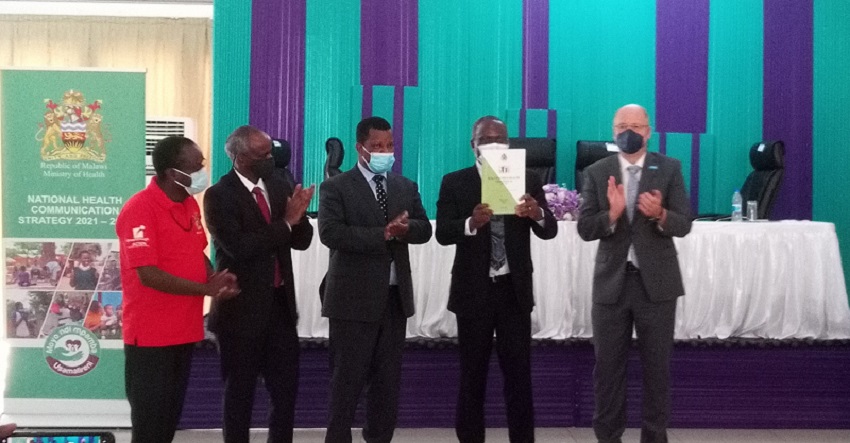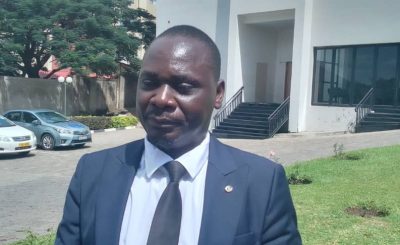Authorities working on issues to do with welfare of children have expressed optimism that the unveiling of two strategies on Malawi Child Health II and National Health Communication will assist in advancing health of children.
Speaking in Lilongwe during the launch of the two five-year strategies, Secretary for Health Dr Charles Mwansambo said the development is a significant step towards ensuring that children are well taken care of.
“It will be a big plus when they [children] grow up in Chichewa they talked about m`mera mpoyamba so we need to sought out these young ones at the beginning and we need to communicate about health because children are important to the nation,” he said.
In an interview, Dr Mwansambo said government will work in collaboration with Health Surveillance Assistants on communicating issues of health with parents and children during early stages.
He said: “As a sector we are using other cadres like our Health Surveillance Assistants (HSAs) to help us in this work it’s not left just to nurses, clinical officers and doctors, we have engaged HSAs and some community volunteers as well.”
Speaking on behalf of the health donor group, unicef representative Rudolf Schwenk said the development partners will continue supporting Malawi towards ensuring that children are raised up in a healthy way.
“We are very proud to have contributed this strategy especially the second one because if we want to make advances for child health we have to implement these strategies,” said Schwenk.
“So, I am fully convinced that the second strategy now for the coming five years will really make a difference and as a heath donor group and we as unicef are fully committed to support government on this important journey.”
Meanwhile, the Malawi Health Equity Network (MHEN) said it will closely monitor the implementation of the two strategies.
“One of our duties is social accountability, and in social accountability we look at the legal framework, policies and strategies that are there so that we are able to hold government to account,” said George Jobe, MHEN Executive Director.
“In this case we have a point of reference with these strategies, now we will be monitoring to see whether implementation is in accordance with the plans or not and will be holding government to justify why such options are being taken.”
The two strategies are expected to run from this year up to 2026.





